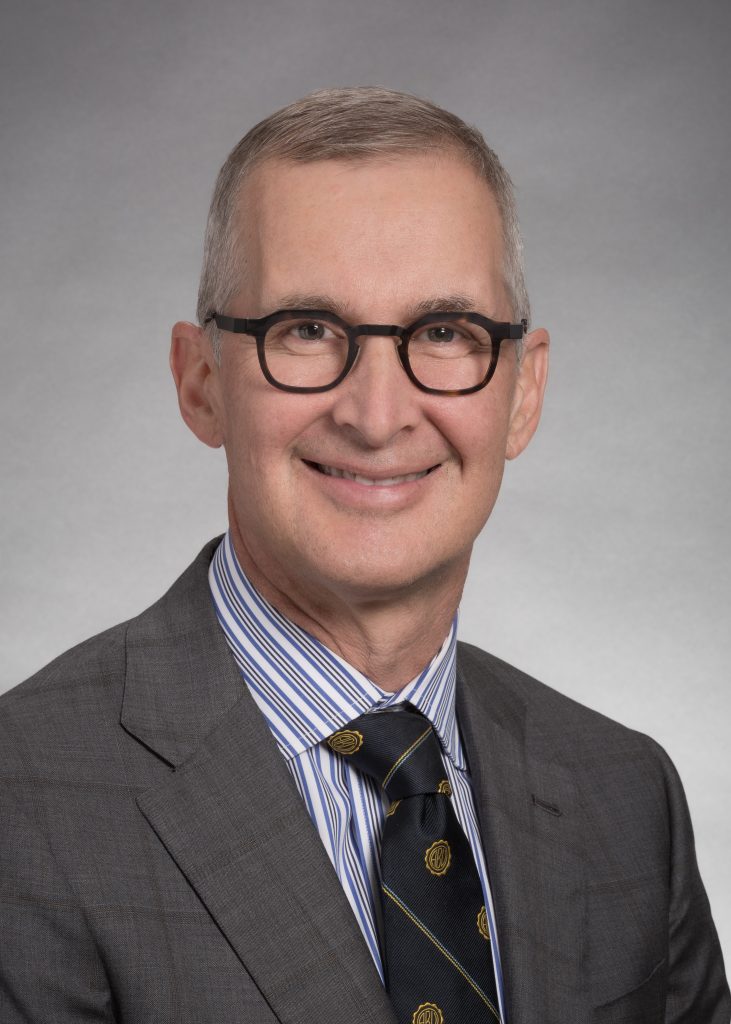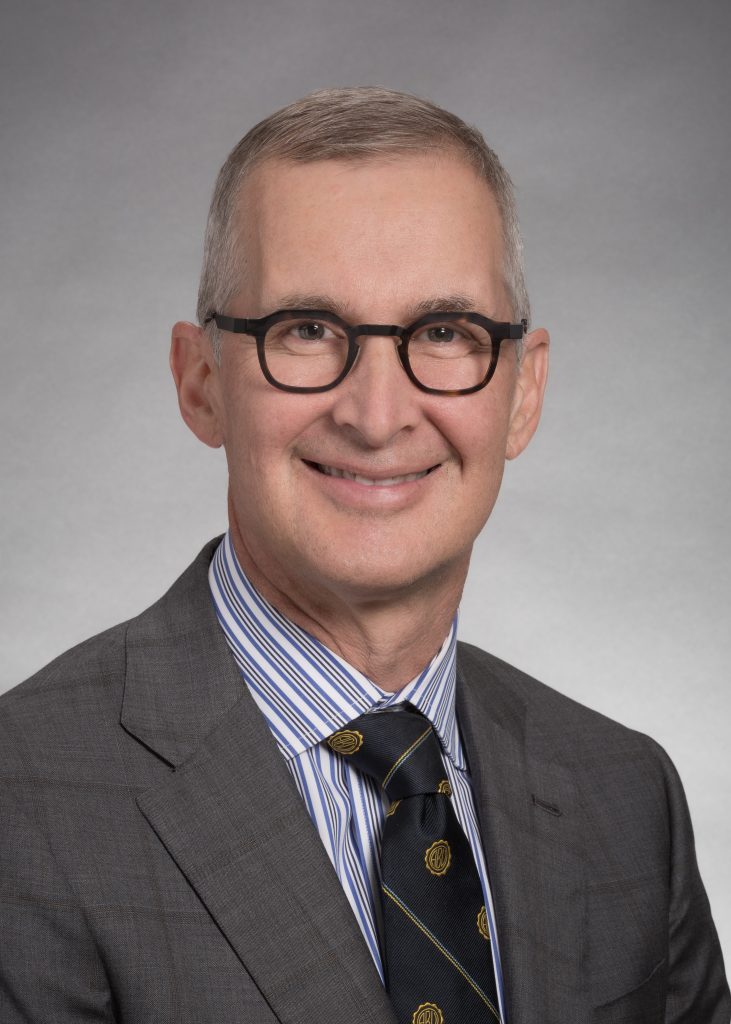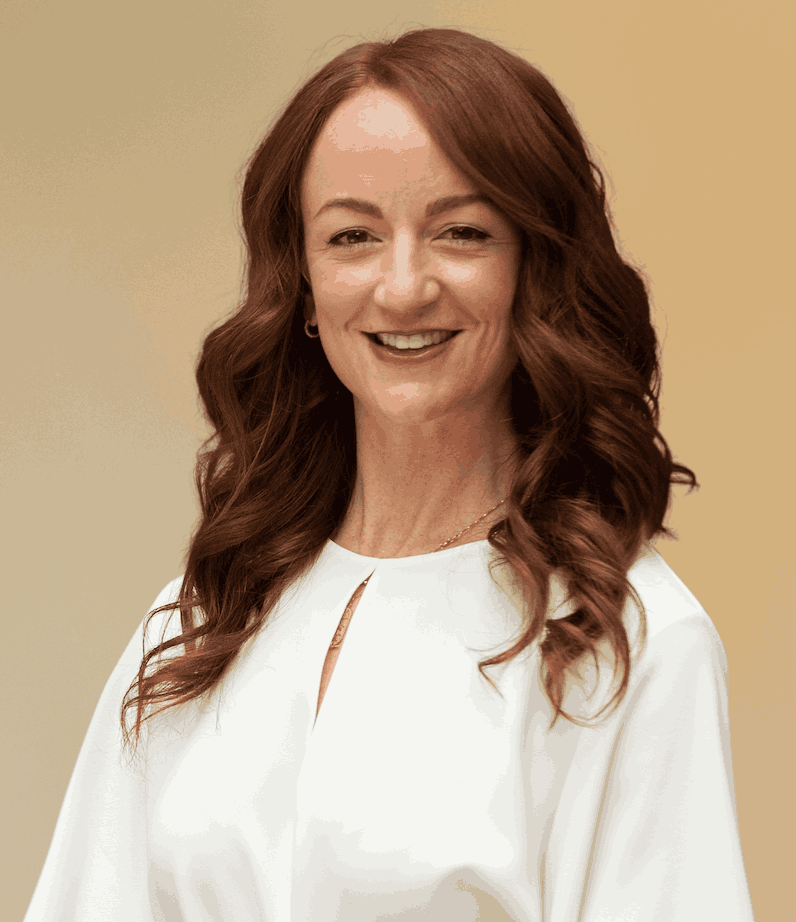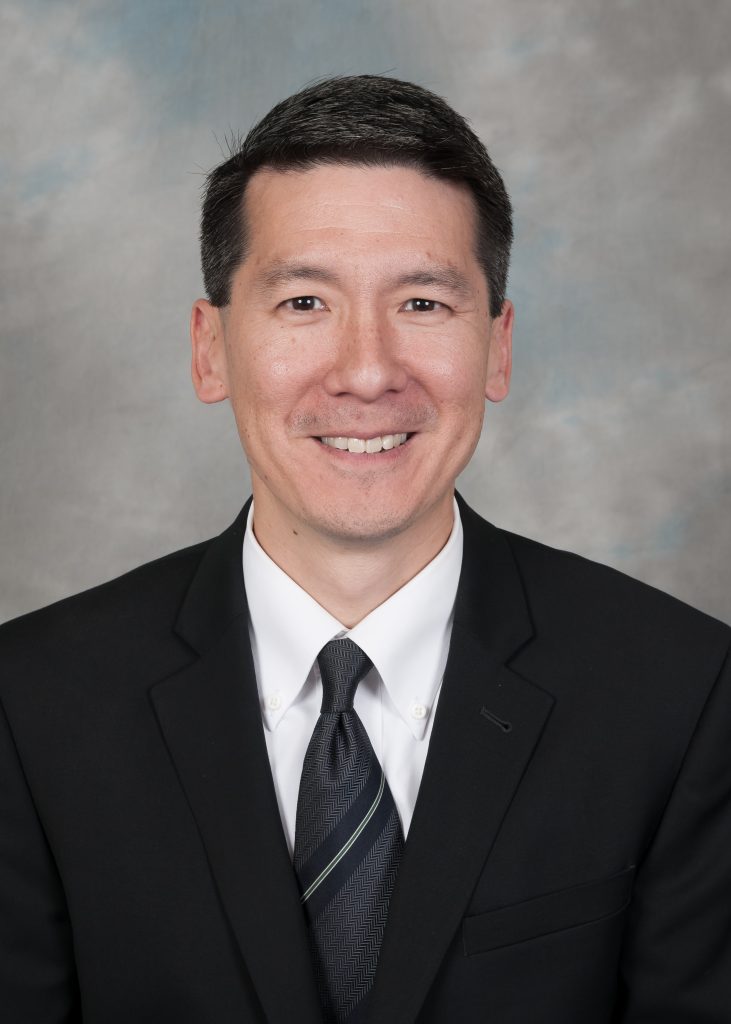Dr. Wessells’ End of Year Chair Message


Dear Colleagues and Friends,
The outstanding performance of the Department of Urology in 2019 gives me a deep appreciation for the many individuals who contribute to our success. Our patients continually inspire us to innovate and secure our highest collective impact. Our faculty are exceptional, and we continue to attract a very talented and diverse applicant pool to our residency and fellowship programs across UW Medicine, Seattle Children’s Hospital and the VA Puget Sound. These (and other) institutional partners and our excellent staff provide the foundation for the comprehensive array of clinical care and patient oriented research carried out across the Department.
The healthcare environment in Seattle reflects national trends in consolidation, competition for tertiary and quaternary referrals, downward pressure on cost, and disaggregation of usual care paradigms within health systems. An important question for all academic medical centers is how, in this dynamic and uncertain healthcare environment, we sustain our mission to improve the health of the public.
UW Medicine has a strategic plan to expand overall coverage in terms of geography and numbers of patients to “right-size” its clinical and academic programs. The Department will be part of this expansion, with the likely outcome being more urologist FTE, further growth of secondary care (e.g. bread and butter urology), and a greater degree of decentralization of our practices. The most immediately impactful change in 2020 will be the merger of UW Medical Center and Northwest Hospital and the expansion of urology programs across the Montlake and Northwest campuses. The construction at Northwest of a new Urology Center (alongside the existing Kidney Stone Center) with Pelvic Health, General Urology, and Urological Oncology services will allow us to better meet patient care, research and educational objectives. In parallel with the new clinics, we will be testing new care delivery models including the recruitment of a “medical urologist” to the Mens Health Center; greater roles for Advanced Practice Providers to optimize use of talent and resources; and delivery of more complex surgery in the community/outpatient setting.
What will not change are the shared responsibilities that are encapsulated in our 4 word motto “HealComfort-Teach-Wonder”. Namely, caring for all patients with all diagnoses, from all walks of life. Focusing on the learners who seek training with us. And being innovative in solving big problems. We are often the end of the line for people who have no where else to go. When I am on call rounding with the residents on the weekend, and ask patients “How did you get here” the invariable answer is “because of Dr. X, Y or Z”. Our faculty provide compassionate and truly exceptional care for some of the most complex problems in Urology. One change is that in addition to being the court of last resort, we also need to be the best FIRST stop, providing access to care that is timely, equitable, and located closer to where patients live.
To keep pace with this clinical growth, Program Director Dr. Mat Sorensen secured ACGME approval of an expansion of our Residency Program. Recognizing the new opportunities for learning that come with new clinical environments, we will recruit 4 residents with the Match in January 2020. In alignment with UW President Ana Mari Cauce’s Diversity Blueprint, and UW Medicine’s Center for Health Equity, Diversity and Inclusion, we have worked to recruit candidates from diverse backgrounds including those underrepresented in medicine. Our strategies include diversity training for all search committees, trainee involvement in the UW Network of Underrepresented Residents and Fellows (NURF), outreach travel support for residents to attend the National Medical Student Association, and creation of a Diversity Subinternship Scholarship for 4th year medical students.
Many elements can align to create engagement and purpose in our professional lives, and the Department works to support a collective responsibility to remain whole and support one another. At the core of this is a commitment to teamwork, respect, and a just culture where errors are seen as opportunities for learning and improvement. A corollary is that we encourage and celebrate the uniqueness of all members of the Department and find the best way for each to contribute. A successful mentorship program for our residents is being mirrored in a mentorship program so that faculty of all ranks and titles can advance and be recognized for their efforts.
In closing, I want to extend my very warmest holiday wishes to all the individuals who help make us a vibrant Department. The interconnectedness, passion, and drive of all of the members of the Department point to a decade of purpose and achievement.
Sincerely,
Hunter Wessells, MD, FACS
Professor and Chair Department of Urology
University of Washington School of Medicine





